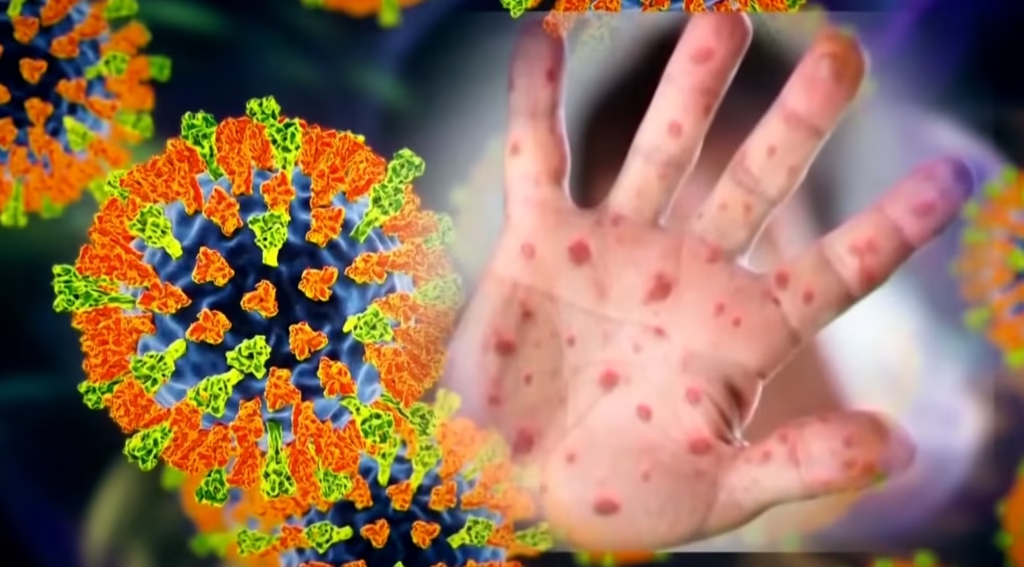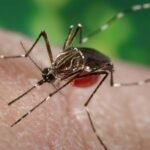Introduction
Health authorities in New Zealand have confirmed a new measles case in Queenstown, creating renewed concern about the spread of the disease. Although this case has no known connection to the four previously reported cases in Northland, it underscores the ongoing vulnerability of communities to infectious diseases. With measles being highly contagious, timely public health interventions remain critical.
Queenstown Case Details
The patient in Queenstown is believed to have contracted the virus through overseas travel and is currently in strict isolation. Health officials are actively investigating possible exposure locations and identifying close contacts to prevent further transmission. This case illustrates how international travel can introduce diseases into otherwise unaffected regions, emphasizing the need for vigilance and rapid response measures.
Northland Cluster Overview
Northland has experienced a small cluster of measles cases, totaling four confirmed patients. The outbreak was linked to community events, including the high school production of the Kerikeri High School “Monsters” show on September 17. Although the affected individuals are no longer infectious, authorities continue to monitor potentially exposed persons. Public health officials have advised that attendees who have not been contacted should proactively reach out to health services and follow quarantine guidelines to prevent secondary spread. https://www.cdc.gov/measles/about/index.html

Symptoms and Transmission of Measles
Measles is a viral infection marked by symptoms such as high fever, cough, runny nose, sore eyes, and a characteristic red rash. The virus spreads easily through respiratory droplets when an infected person coughs or sneezes. Unvaccinated individuals are particularly at risk, Measles case in Queenstown and the disease can lead to severe complications, including pneumonia, encephalitis, and, in rare cases, death. Early recognition of symptoms is essential to limit transmission within communities.
Public Health Response and Contact Tracing
Health authorities have implemented rigorous contact tracing and quarantine protocols to contain the outbreaks. Public health professionals instruct close contacts to stay home and monitor for symptoms until they clear them.
Regular updates and communication from health agencies help ensure that the public understands the necessary precautions and can take appropriate actions to protect themselves and others.
Vaccination and Immunity
The Measles, Mumps, and Rubella (MMR) vaccine remains the most effective protection against measles. Health experts recommend two doses, usually given after the age of 12 months.
Immunization not only protects the individual but also contributes to community immunity, reducing the likelihood of outbreaks. Vaccinations are available through pharmacies, doctors, nurses, and local health providers and are free for individuals under 18 and eligible adults.
Travel Risks and Precautions
Overseas travel remains a significant factor in the introduction of measles into New Zealand communities. Health officials advise travelers to get fully vaccinated before international travel and to monitor their health after returning home. Using preventive measures, such as avoiding crowded areas and practicing good hygiene, can further reduce the risk of importing or spreading the virus.
Schools and Public Events
Schools and public gatherings are critical points of exposure for measles transmission. The recent case linked to the high school production highlights how easily the virus can spread in group settings. Authorities emphasize the importance of reporting attendance at events, staying home if exposed, and following public health guidance to protect vulnerable populations.
Community Awareness and Education
Raising awareness about measles is crucial for community protection. Public health campaigns provide guidance on identifying symptoms, seeking medical care, and understanding the importance of vaccination. Educating the public about the disease and preventive strategies helps reduce transmission and fosters a culture of health vigilance.

Government Actions and Health Policies
New Zealand authorities are coordinating with local and national health agencies to manage the outbreaks. Policies include strict isolation of confirmed cases, quarantine of exposed individuals, and widespread vaccination campaigns. The government continues to evaluate and update regulations to address gaps in protection and ensure rapid response capabilities.
Long-Term Prevention and Outlook
Sustaining high vaccination coverage and maintaining robust public health infrastructure are key to preventing future measles outbreaks. Continuous monitoring, early detection, and public cooperation remain essential. Community engagement, educational initiatives, and accessible vaccination programs provide a comprehensive strategy for long-term disease prevention.
Conclusion
The recent confirmation of a measles case in Queenstown serves as a reminder of the persistent threat posed by infectious diseases. Maintaining vigilance, adhering to vaccination recommendations, and following public health guidance are critical to safeguarding communities. Through proactive measures and widespread awareness, New Zealand can continue to control the spread of measles and protect the health of its population.




